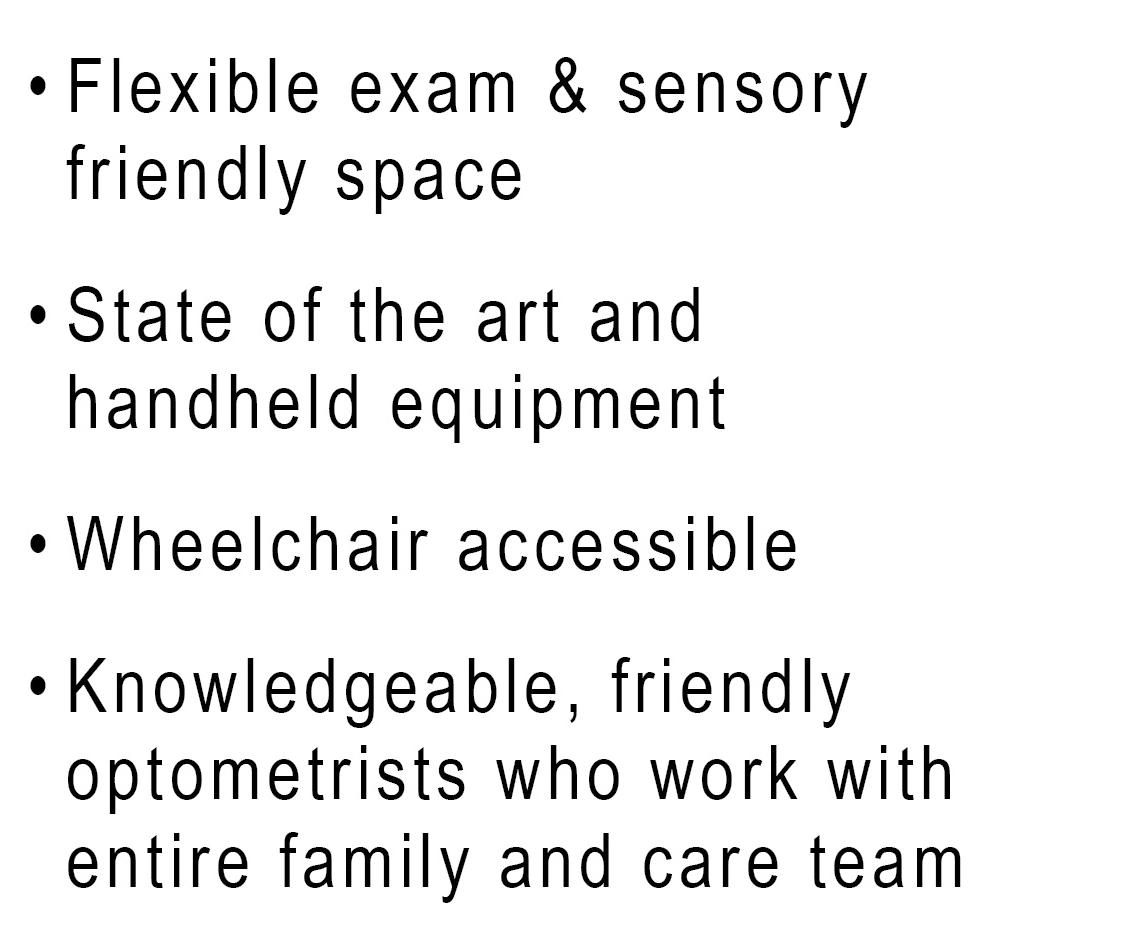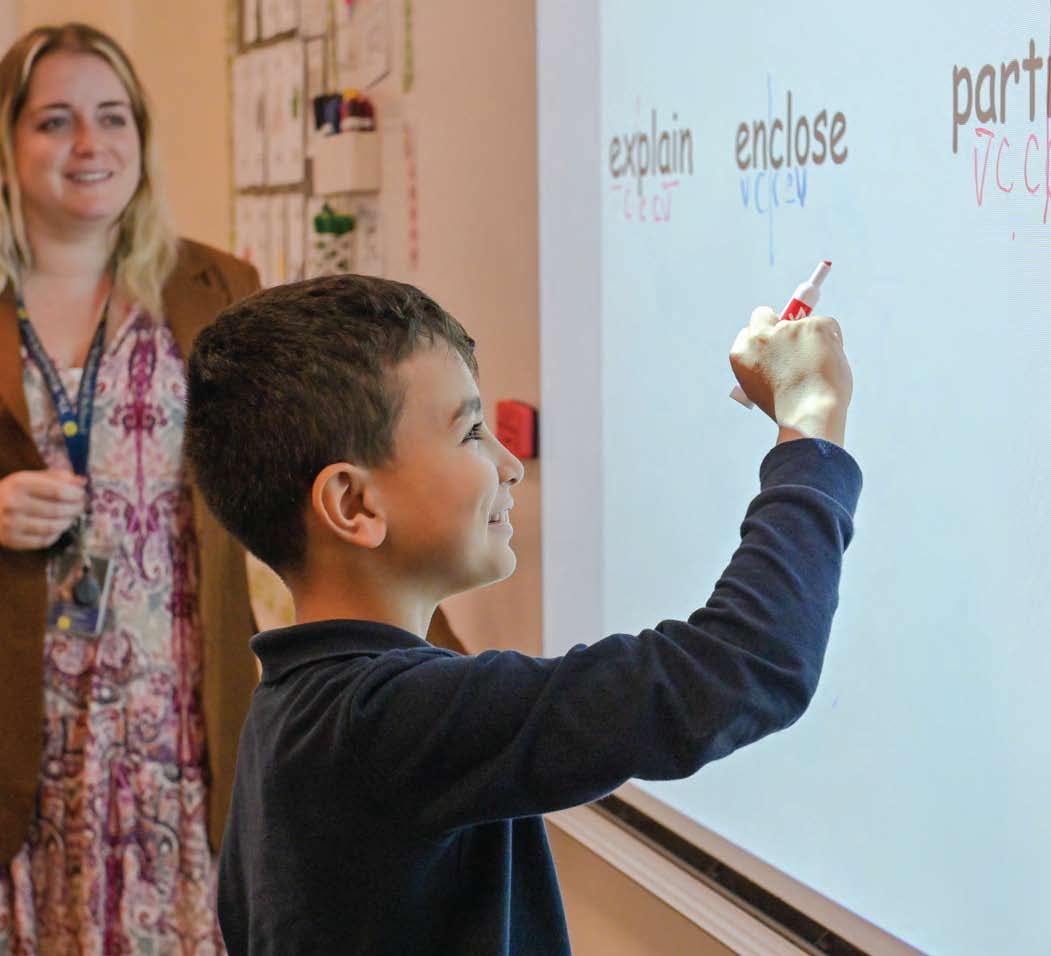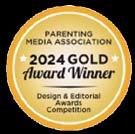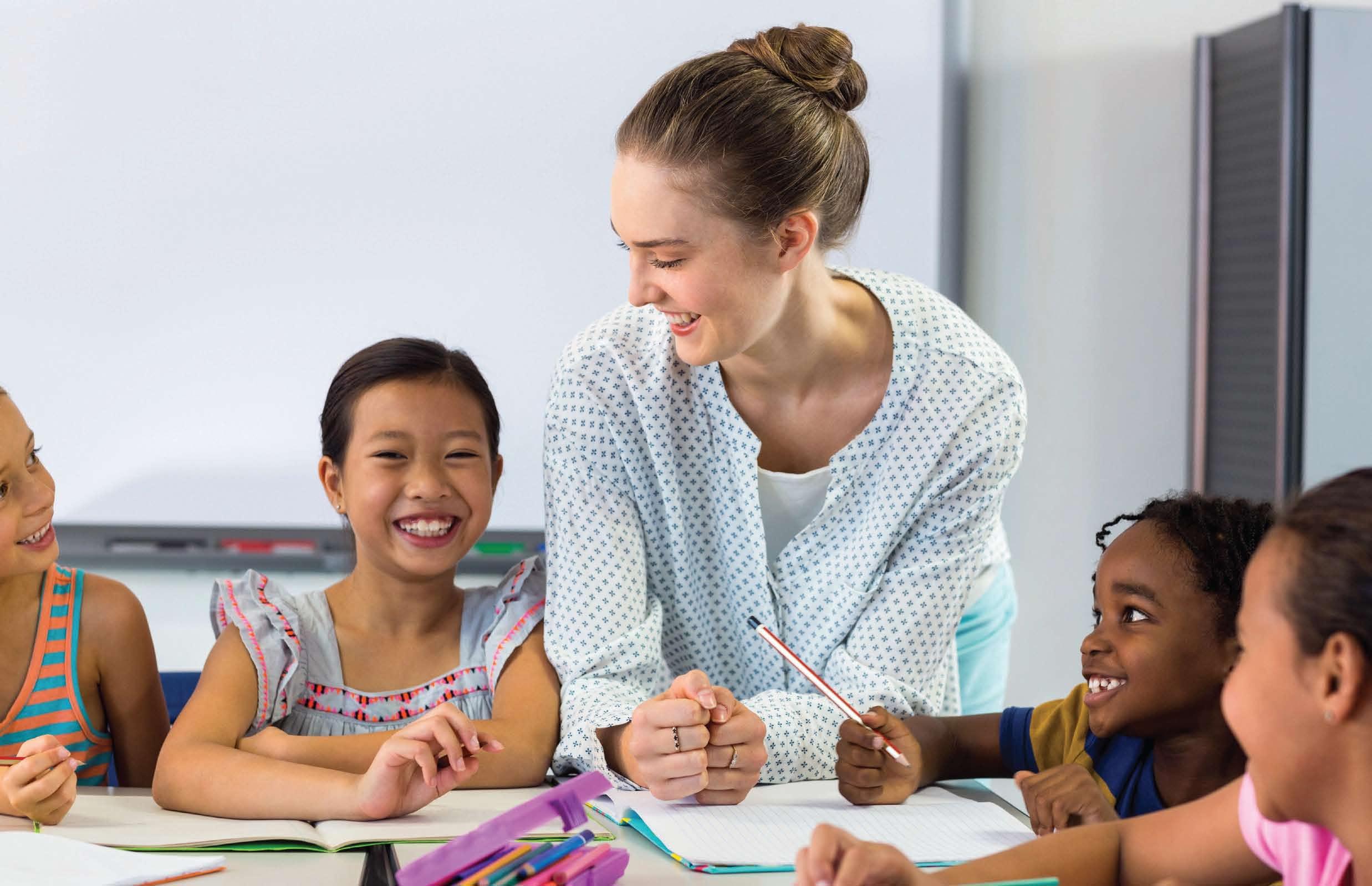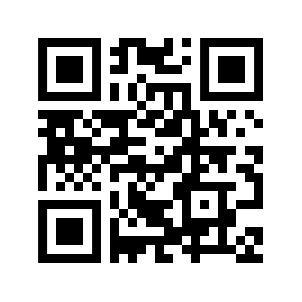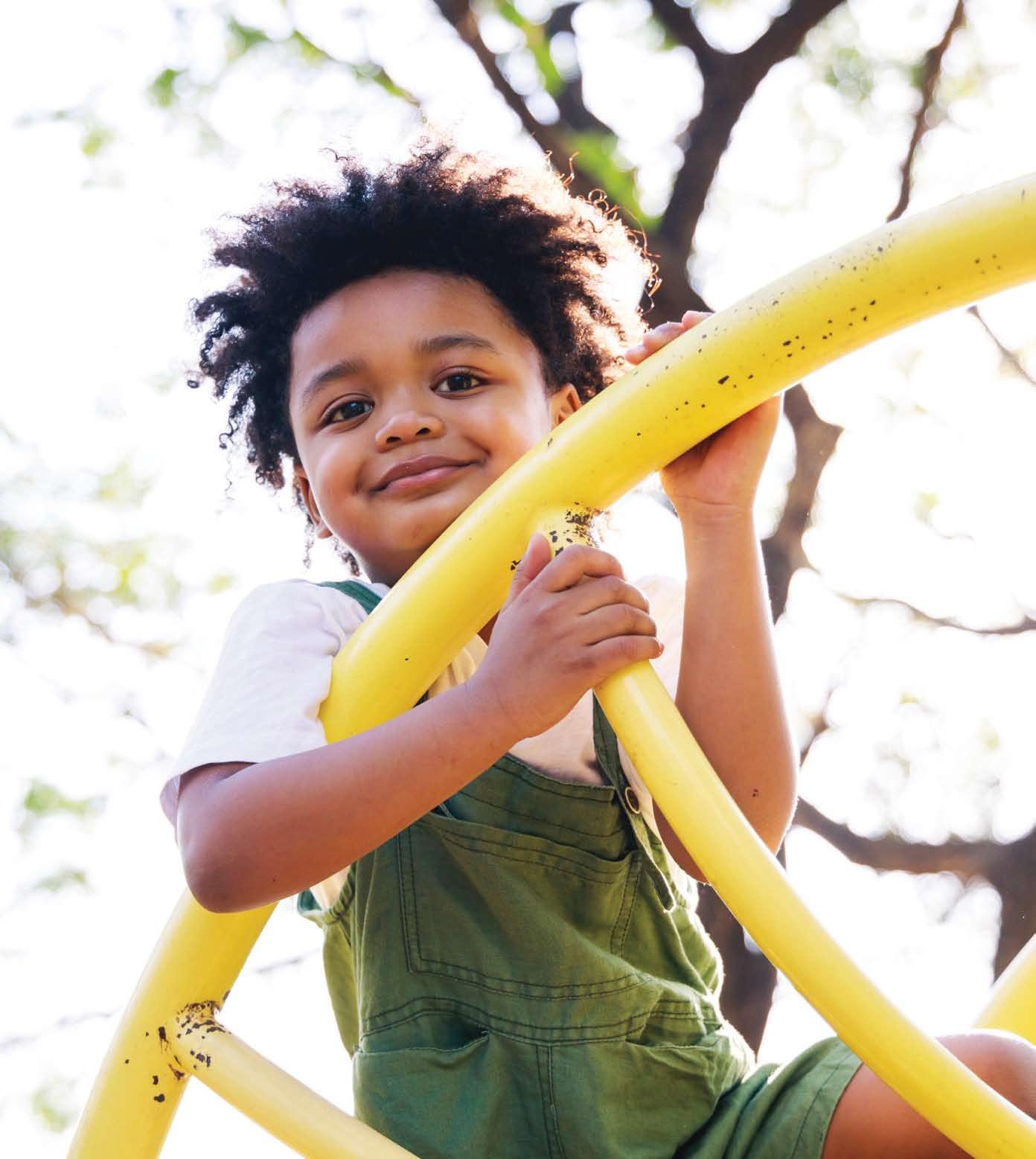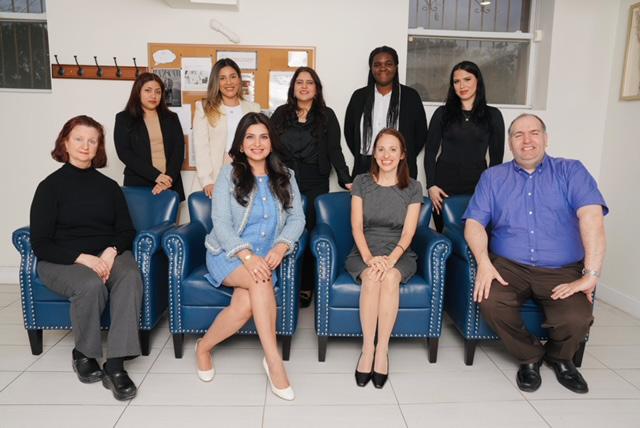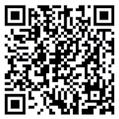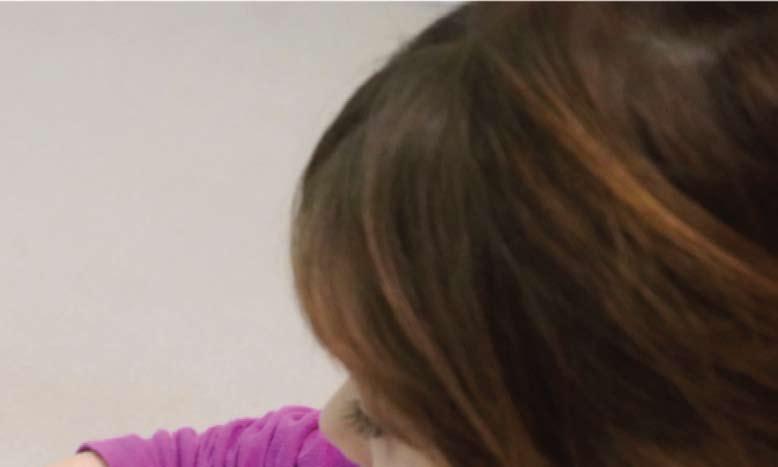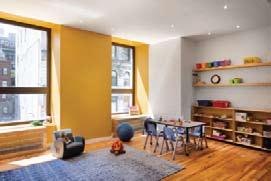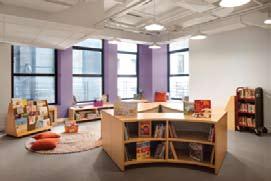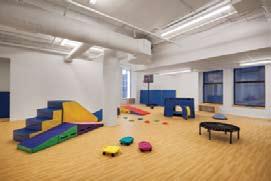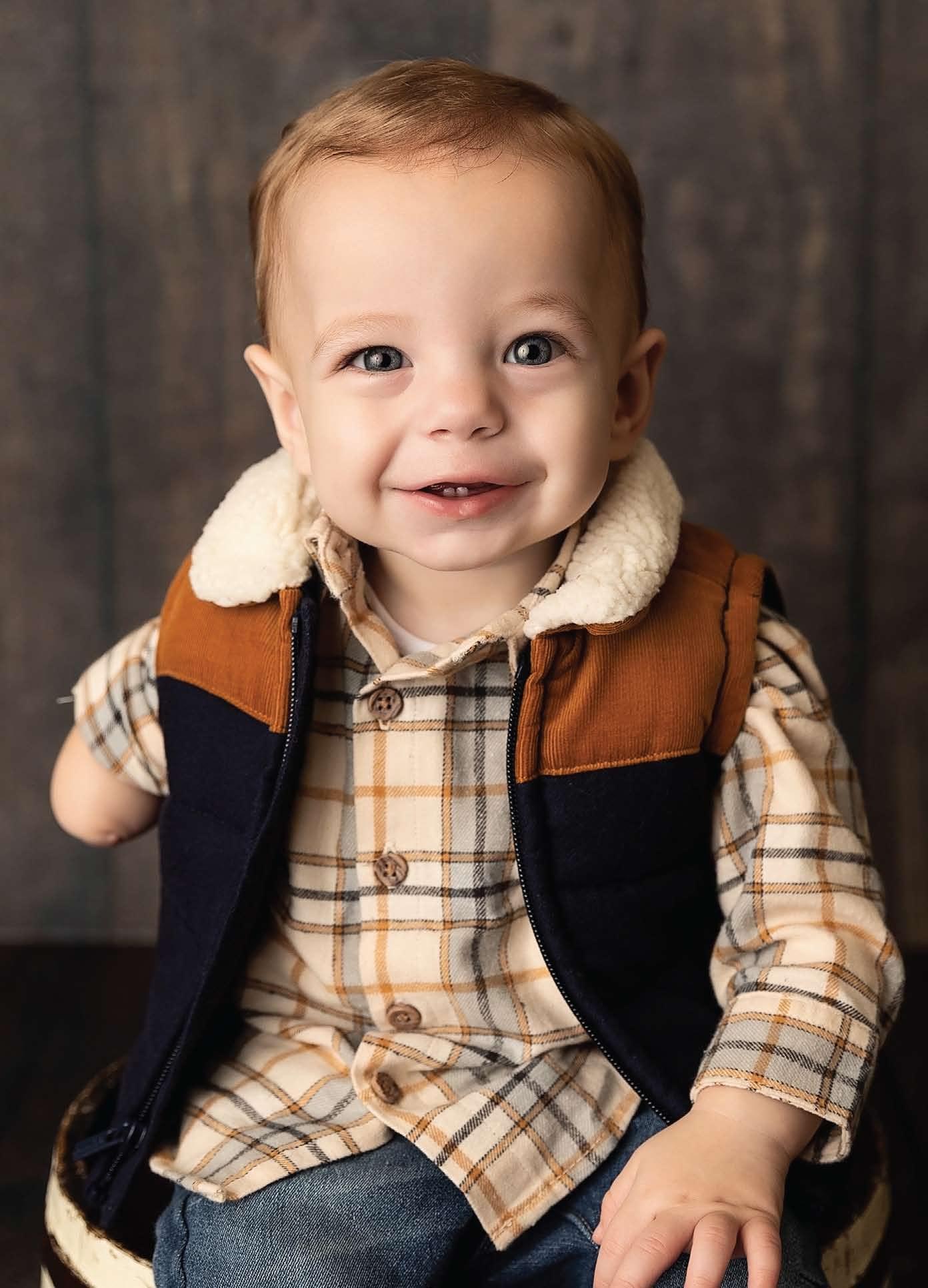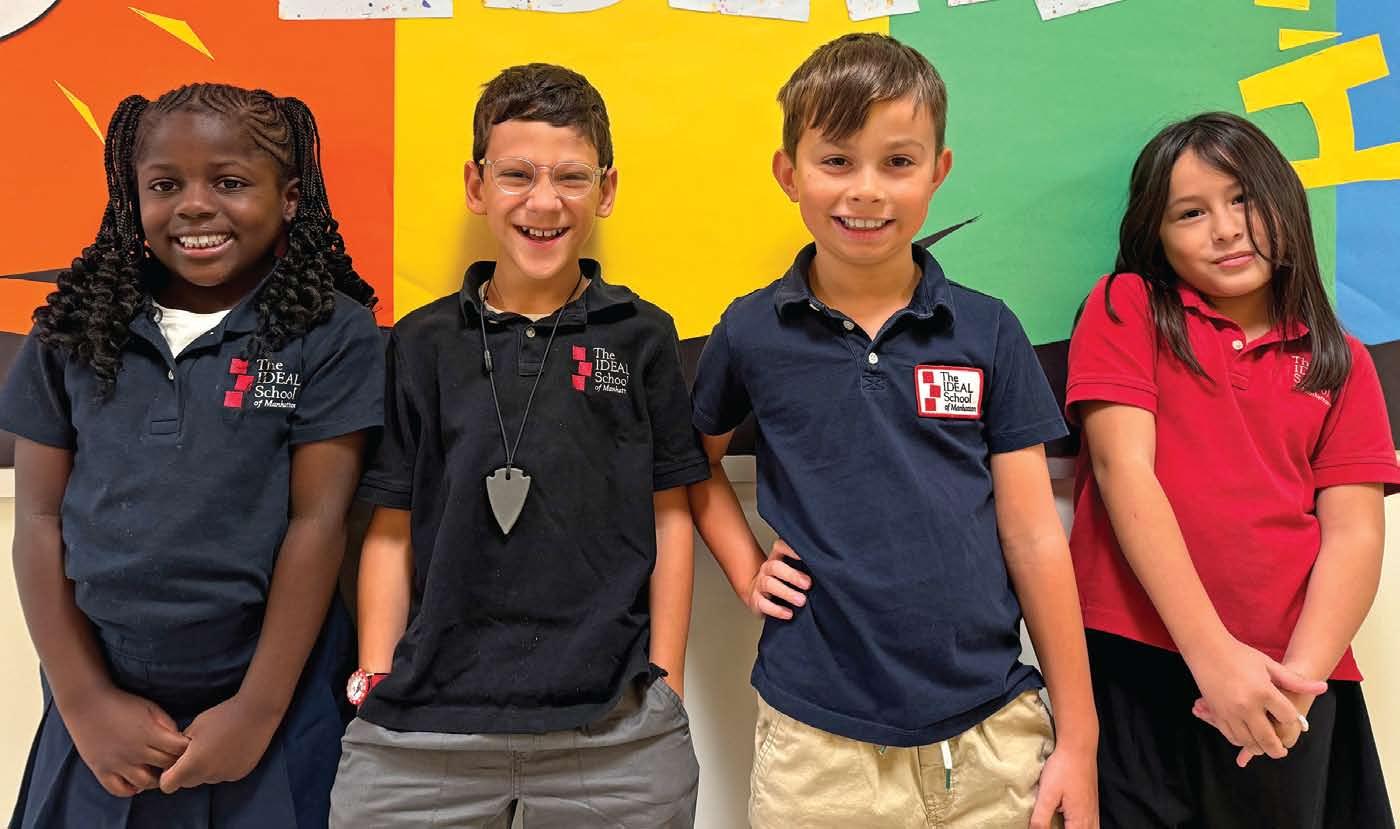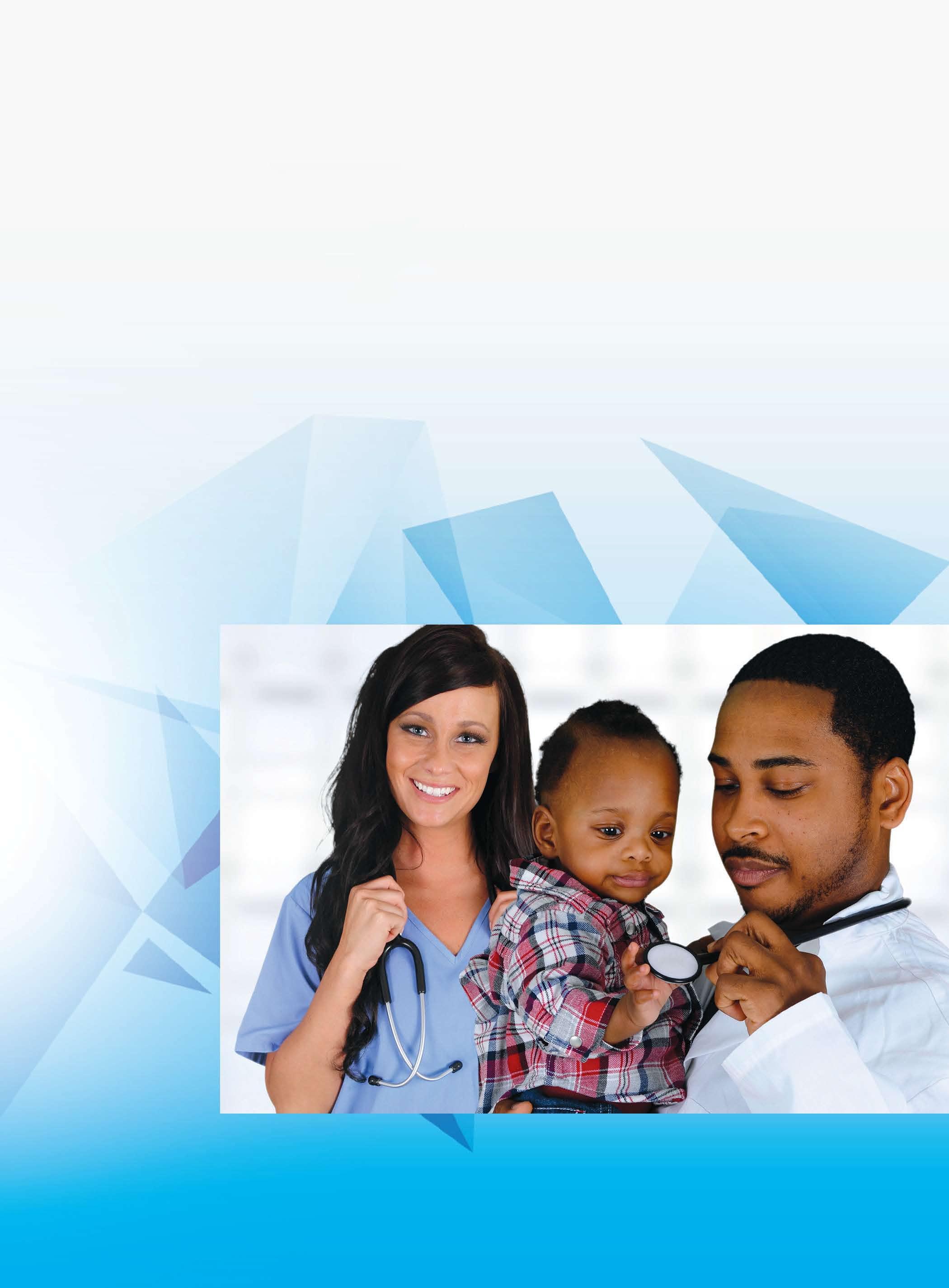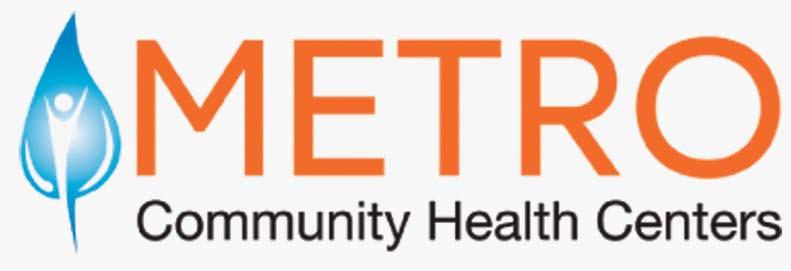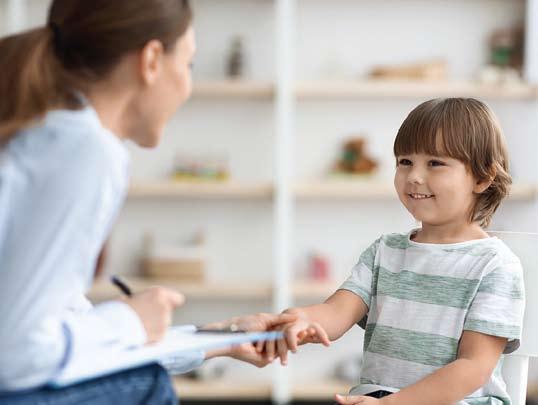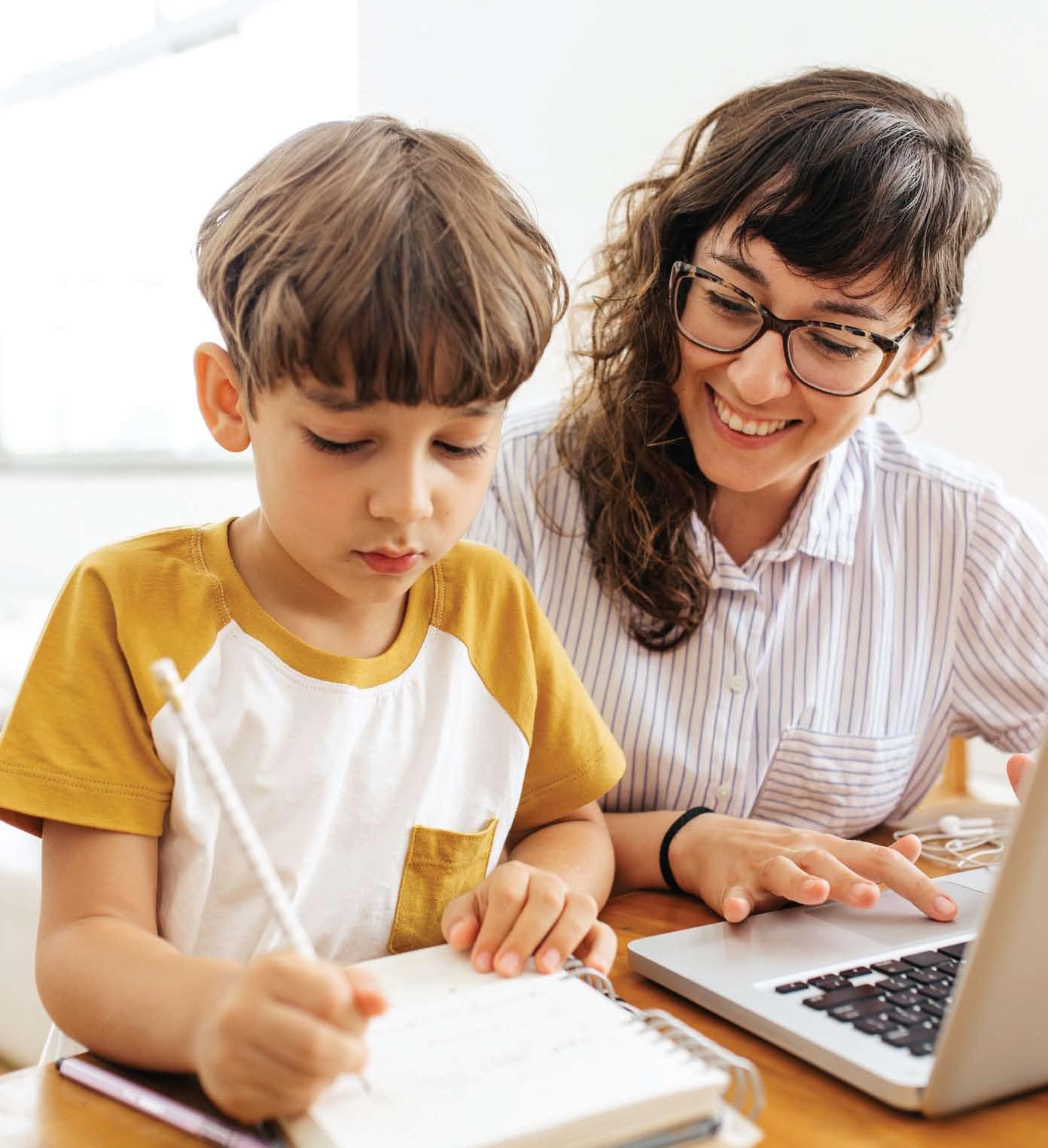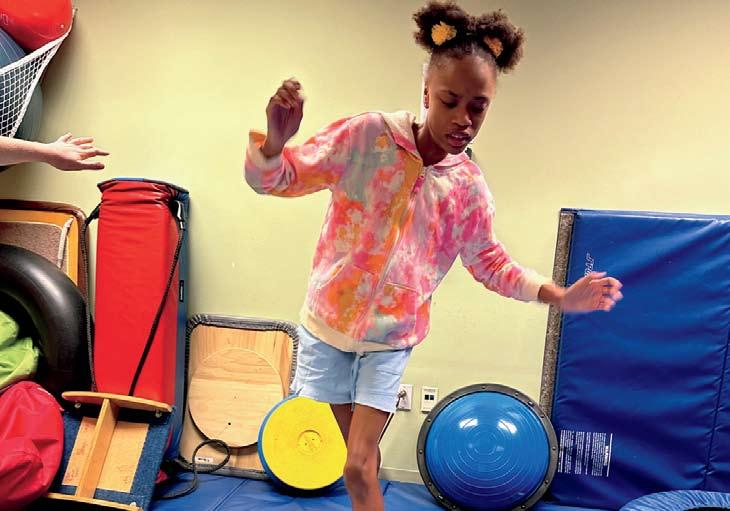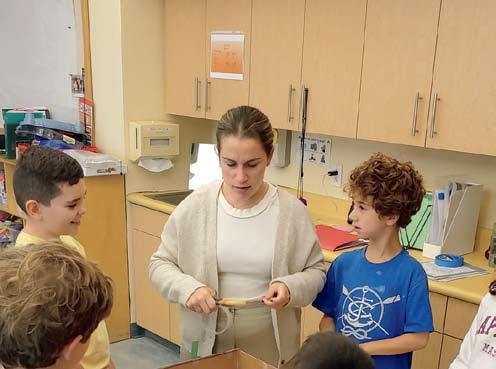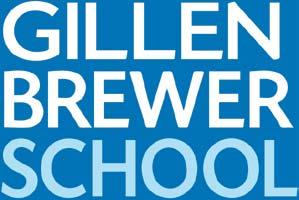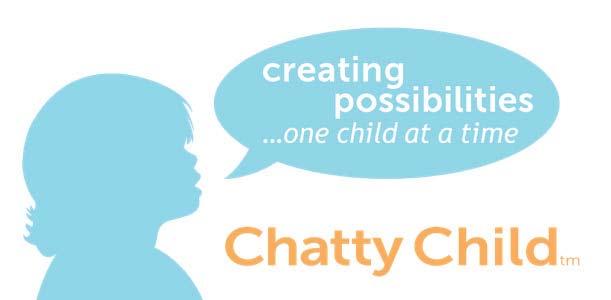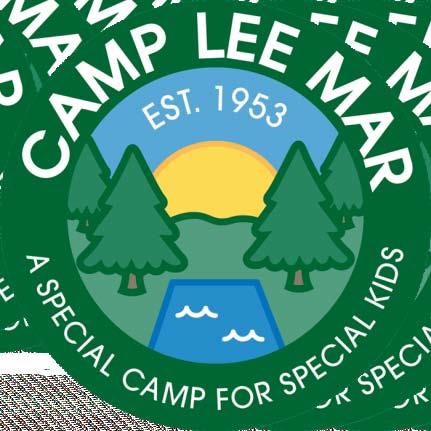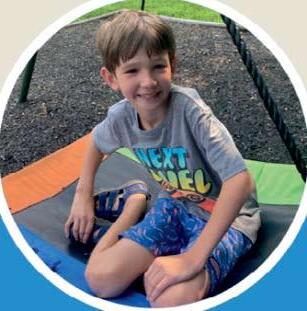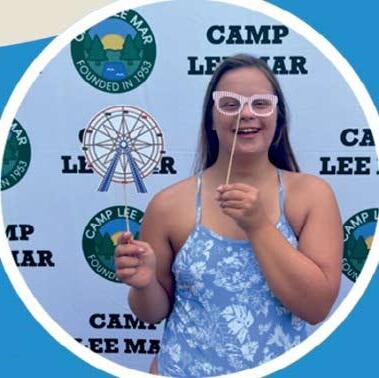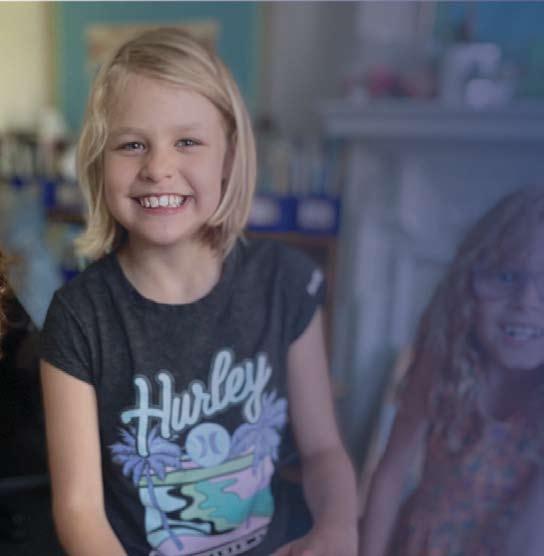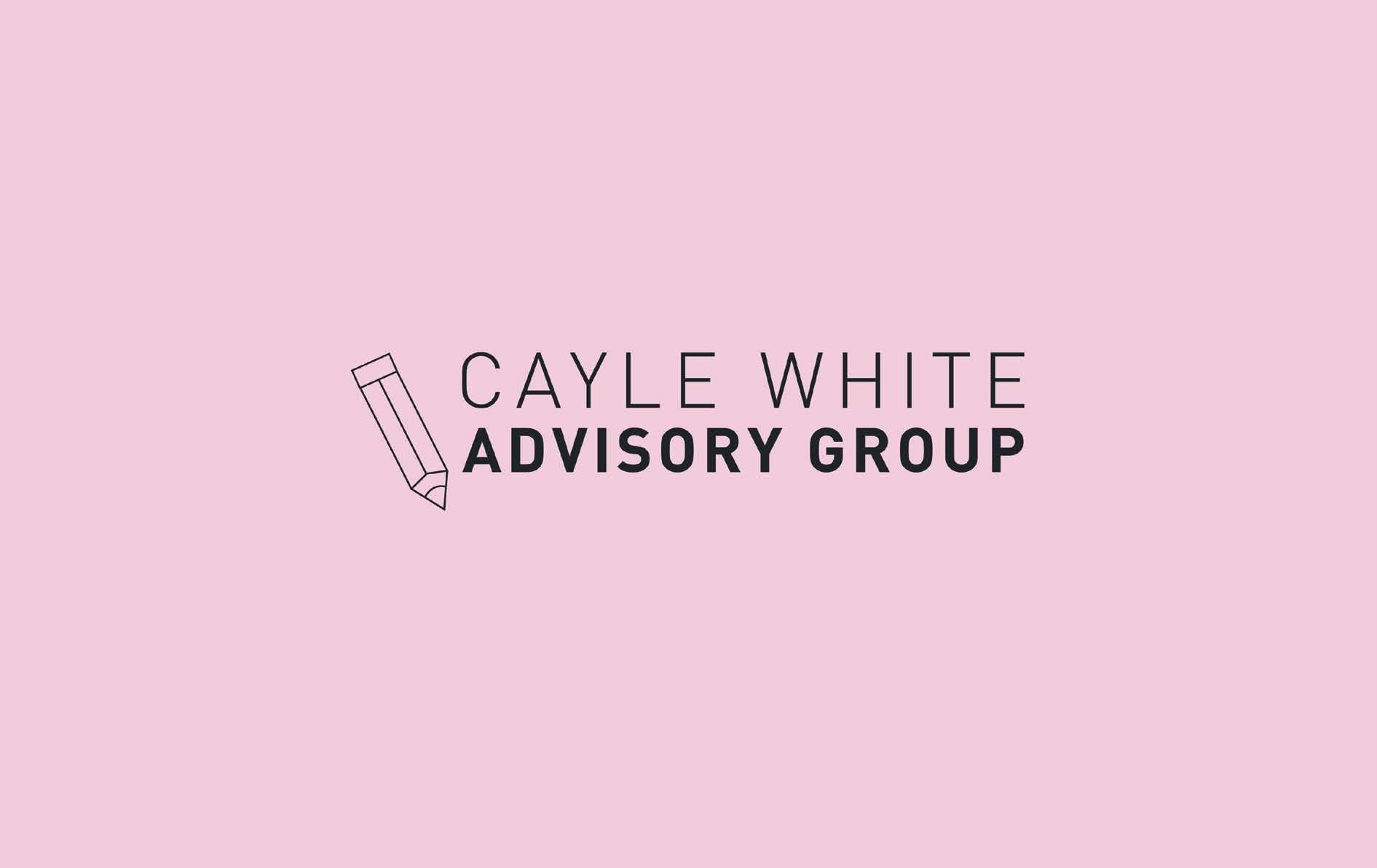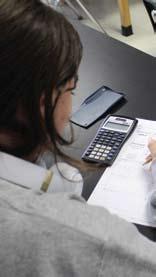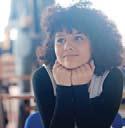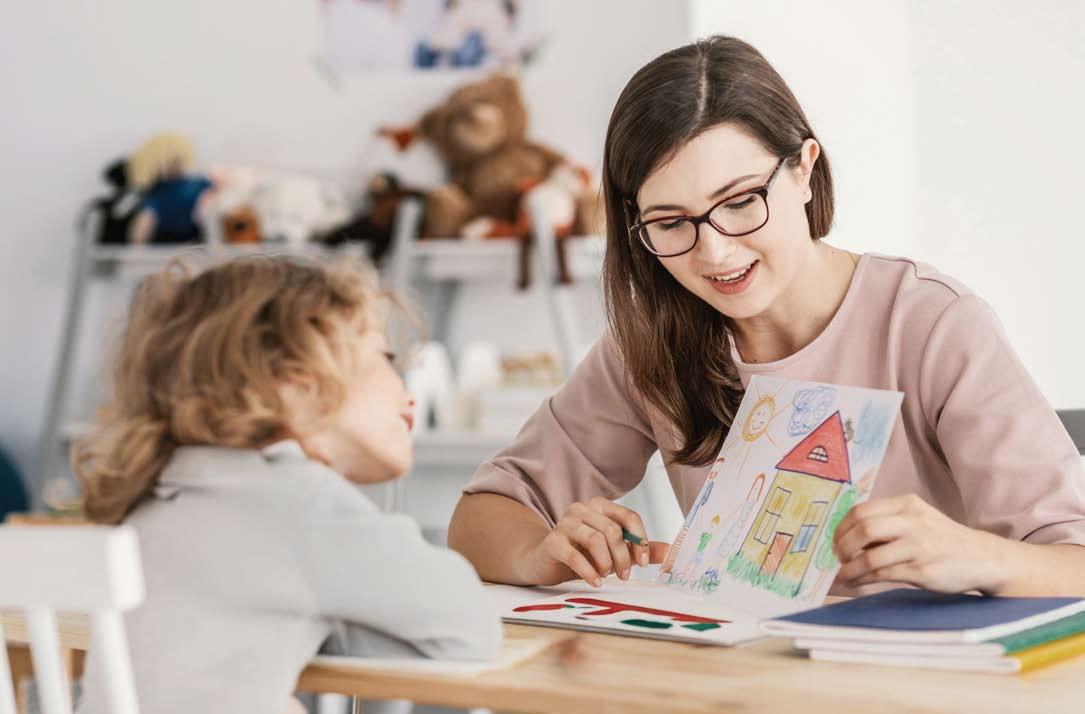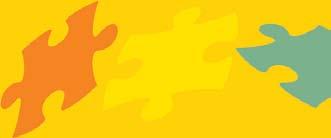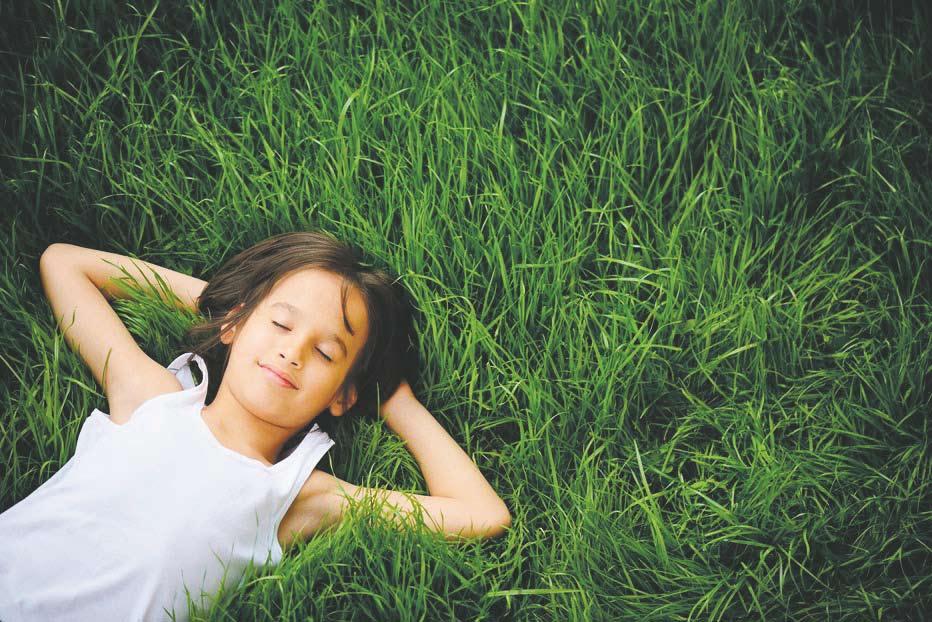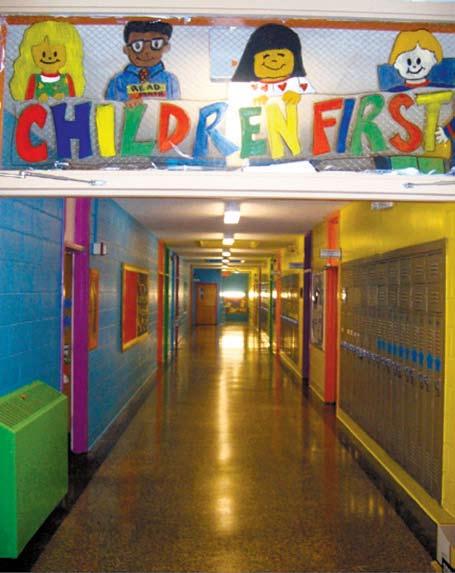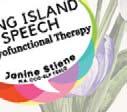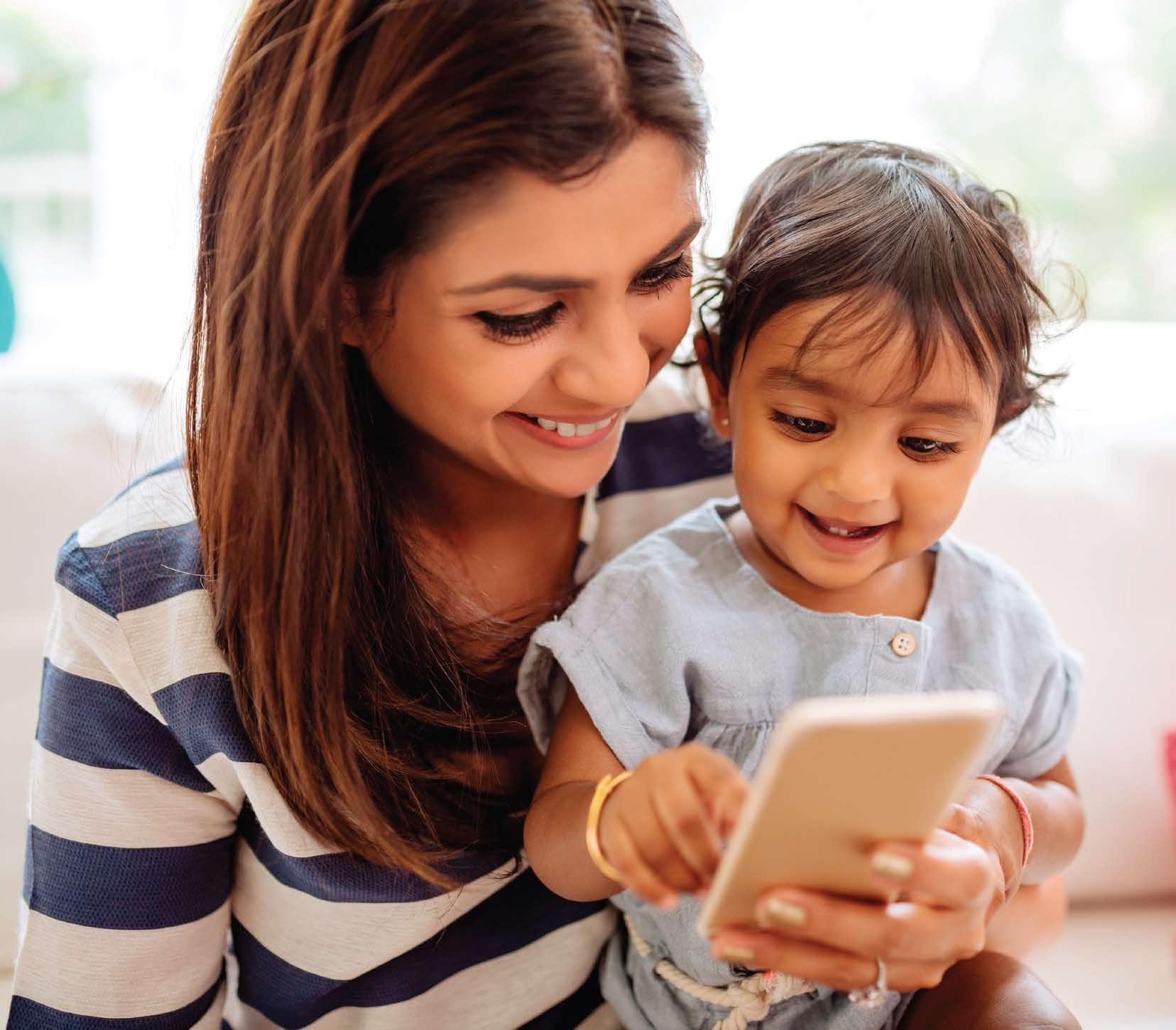Understanding Limb Difference
Exploring ways to support kids with this common disability
By Jeannine Cintron
When my brother’s wife was around twelve weeks pregnant with their second child, they received the devastating news that their unborn child was missing half of his right arm. Their physician had not yet been able to determine the cause of the abnormality. Although the baby seemed otherwise healthy, my brother and his wife were informed of the potential for a more severe issue. They were then advised to make the painstaking choice between terminating the pregnancy or running more tests – the results of which would not be revealed for some time.
In the end, they chose to face whatever health obstacles came their way, and a few months later, my sister-in-law gave birth to a perfectly healthy and beautiful baby boy named Hudson. Although he is likely to face many challenges throughout his life, he has the support of a wonderful family and is growing up in an ever-evolving society where those who are different are not to be defined by a disability but celebrated for their ability to thrive despite it.
My nephew, now a healthy and happy toddler, was born with limb difference. Limb difference is a broad term to describe congenital or acquired conditions resulting in the absence of any part of the arms, hands, legs, or feet. It is a physical condition and does not affect a person’s cognitive abilities. My nephew’s case is congenital, which is when a baby is born with a missing or underdeveloped limb due to genetic conditions, amniotic band syndrome, or an unknown cause. Acquired limb difference is caused by accidents or medical conditions that require amputation.
Raising a child with a limb difference certainly comes with challenges, but it also offers extraordinary opportunities for growth, resilience, and love. By fostering a positive outlook, connecting with supportive communities, and encouraging your child to embrace their individuality, you equip them with the tools they need to live a wonderful life.
Treatment
With the right combination of medical care, therapy, and adaptive devices, children
with limb difference can live very active and fulfilling lives. Many benefit from prosthetic limbs, which can be simple models for balance or high-tech ones controlled by muscle signals. Orthotic devices like braces and adaptive tools also help improve function. As children grow, prosthetics may need regular adjustments or replacements. In some cases, surgery can improve mobility or comfort.
Physical and occupational therapy play
key roles in helping children with limb difference adapt, teaching them to use prosthetics, build strength, and develop fine motor skills. Assistive technology, like modified sports equipment and voiceactivated tools, can also be very helpful.
Advocacy and Support
Beyond physical treatment, emotional and social support are crucial for children with a limb difference. Encouraging children to
Little Faces Photography
•
•
•
•
•
engage in hobbies, sports, and social activities helps build confidence while educating teachers and peers fosters a more inclusive environment.
Some organizations that support individuals with limb differences
The Lucky Fin Project – A nonprofit dedicated to raising awareness and providing resources for children with limb differences. luckyfinproject.org
The Amputee Coalition – Offers peer support, education, and advocacy for those living with limb loss. amputee-coalition.org
Families in New York City and surrounding areas might consider connecting with:
NYU Langone’s Hassenfeld Children’s Hospital for specialized care and support services. nyulangone.org/locations/ hassenfeld-childrens-hospital
Adaptive Climbing Group in Brooklyn for inclusive sports opportunities. adaptiveclimbinggroup.org/new-york-city
The Challenged Athletes Foundation for grants supporting sports participation and adaptive equipment. challengedathletes.org
Representation
For a long time, people with limb differences were underrepresented in media, toys, and pop culture as a whole. However, as we move toward a more inclusive society, we are starting to see more actors, athletes, and influencers with limb differences in the spotlight, proudly debunking outdated stereotypes about disability while normalizing diverse body types of all kinds. Social media has also provided a platform for advocacy, with creators sharing their personal stories and inspiring others.
Toy Companies
Toy companies now represent limb difference in their product lines, featuring dolls with and without prosthetics. Some examples are Mattel (Barbie), LEGO, American Girl and Vermont Teddy Bear.
TV and Movies
For a child with a disability, representation in the movies and on TV is highly encouraging. Families of a child with a limb difference should add these to their watchlist:
How to Train Your Dragon – Hiccup loses a leg and uses a prosthetic, mirroring his dragon, Toothless, who also has a prosthetic tail.
Soul Surfer – Based on the true story of Bethany Hamilton, a surfer who lost her arm
We are starting to see more actors, athletes, and influencers with limb differences in the spotlight, proudly debunking outdated stereotypes about disability while normalizing diverse body types of all kinds.
in a shark attack and returned to professional surfing.
The Mandalorian – Migs Mayfeld (played by Bill Burr) has a mechanical arm in later appearances.
Finding Nemo – Nemo has a “lucky fin,” a smaller, underdeveloped fin that makes swimming harder but doesn’t hold him back.
Doc McStuffins (episode: “Emma’s Amazing Wheelchair”) – Features a doll with a prosthetic leg to teach kids about limb difference.
Public Figures
There are many highly accomplished and inspiring people with limb differences to celebrate. Some of the most noteworthy individuals include:
Jessica Long – A Paralympic swimmer born with fibular hemimelia, resulting in the amputation of both legs below the knee. She has won multiple gold medals and is one of the most decorated Paralympians in history.
Nick Newell – A mixed martial artist with a congenital limb difference in his left arm. Despite this, he has built a successful career in professional MMA.
Amy Purdy – A Paralympic snowboarder who lost both legs below the knee due to bacterial meningitis. She later competed on Dancing with the Stars and is a motivational speaker.
Jim Abbot t – A former MLB pitcher born without a right hand. He played in the major leagues for 10 seasons and even threw a nohitter in 1993.
Zion Clark – A wrestler and motivational speaker born without legs due to caudal regression syndrome. He’s also known for his documentary Zion on Netflix.
Hugh Herr – A double amputee and renowned scientist specializing in bionic prosthetics at MIT. His work in biomechanics has revolutionized prosthetic limb technology.
Viktoria Modesta – A singer, model, and performer with a below-the-knee amputation who embraces her prosthetic as part of her artistic identity.
Josh Sundquist – A Paralympic skier, motivational speaker, and comedian who lost his leg to cancer at age nine. He’s also
known for his creative Halloween costumes incorporating his prosthetic leg.
Books
Reading is essential for all children, regardless of their abilities. Below are some must-reads for kids with limb difference.
Picture Books (Ages 3-7)
Different is Awesome by Ryan Haack – A boy with one hand teaches his classmates that being different is something to celebrate.
Luka’s Prosthetic Leg by Jessica Smith – Follows Luka, a young boy who gets a prosthetic leg and learns to navigate the world with it.
What Happened to You? by James Catchpole – Written by an author with a limb difference, this story follows Joe, a boy with one leg, as he navigates curious (and sometimes exhausting) questions from other kids.
Hugo and the Impossible Thing by Renée Felice Smith & Chris Gabriel – Inspired by a real dog with a limb difference, this story teaches perseverance and determination.
Early Readers & Chapter Books (Ages 7-12)
Insignificant Events in the Life of a Cactus by Dusti Bowling – Follows Aven Green, a girl born without arms, as she moves to a new town and solves a mystery.
Aven Green, Sleuthing Machine by Dusti Bowling – A younger chapter book series featuring Aven as a spunky young detective.
Emmanuel’s Dream: The True Story of Emmanuel Ofosu Yeboah by Laurie Ann Thompson – A beautifully illustrated nonfiction book about a Ghanaian athlete and activist with one leg.
Teen & YA Books (Ages 12+)
A Time to Dance by Padma Venkatraman – A novel-in-verse about an Indian dancer who loses a leg and rediscovers her passion for dance.
One-Handed Catch by MJ Auch – Based on a true story, this novel follows an aspiring baseball player who loses his hand in an accident and learns to adapt.
The Running Dream by Wendelin Van Draanen – A powerful novel about a teenage runner who loses her leg in an accident and learns to run again with a prosthetic.
MCHC provides high-quality, well-coordinated primary and specialty care to all patients, with a strong commitment to serving individuals with intellectual and developmental disabilities (IDD).
COMPREHENSIVE CARE FOR ALL
MCHC provides affordable care for all with a Sliding Fee Scale, ensuring no patient is turned away due to financial circumstances
Services Available at Manhattan Location:
• Primary Care
• Psychiatry
N EEDS Glossary
Keywords that every special needs family should know
By Mia Sala S
Part of navigating a special needs diagnosis is knowing the words used to describe it. But it can be intimidating to ask what everything means, especially when doctors or websites seem to be speaking another language with acronyms like “ERSS” and “OT”. We’ve all been in that confusing place before and, as parents, it’s not a fun feeling. That’s why, we’ve created a glossary for keywords that you may want to know as a parent of kids with special needs. This guide includes common special needs words, phrases, and acronyms so that you can feel more confident in your parenting journey!
Special Needs Diagnosis
Developmental disability: Physical, learning, language, or behavioral impairments that will delay your child’s development. ADHD, Autism, learning disabilities, etc. are all examples of developmental disabilities.
ADHD– Attention Deficit/Hyperactivity Disorder: A developmental disability that makes it difficult for your child to pay attention or stay focused. Look out for squirming and fidgeting, talking a lot, not being able to wait for their turn, or trouble concentrating.
ASD– Autism Spectrum Disorder: A developmental disability that may delay your child’s speech, motor, learning, and social skills. Early intervention (see below) can help improve skills.
Down Syndrome: A condition caused by an extra chromosome that affects how your child’s brain and body develop. Diagnosis typically happens before or during birth. Emotional Disturbance: Mental health disorders such as anxiety, bipolar, OCD, etc. that have no direct, identifiable cause. Be on the lookout for aggressive behavior,
withdrawal or nerves related to social environments, and vocal outbursts in public places.
Learning Disability: Difficulty learning and grasping new concepts. Learning disabilities include dyslexia (reading), dysgraphia (writing), and dyscalculia (math). See Special Education for more. Stutter: A speech disorder that makes it challenging for your child to say what they want to say. You may hear them repeat a sound a lot, hold one sound for a long time, or stop speaking mid-sentence.
Special Needs Resources
OPWDD– Office of People with Developmental Disabilities: A New York organization that can help connect your family to nonprofit services, based on what kind of treatment/therapy they need, and provide funding.
Transition planning: Creating an action plan for what your child with special needs will do after high school. This is often a part of your IEP (see below).
Service provider: An agency or organization that will help your special needs family navigate some aspect of your journey. This could be everything from speech therapy to after school programs with a focus on special needs to horseback riding as a form of physical therapy.
INCLUDEnyc: A non-profit organization that
advocates for young people in NYC to be included in their communities: classrooms, workplaces, etc. They have super informative resources for parents of kids with special needs, and they can connect you with professionals who can help you navigate your options even further.
Special Education
Inclusion: Everyone in the classroom feels welcomed by the school, teacher, and classmates. For special needs kids, inclusion is definitely a keyword to look for when choosing a school!
IEP– Individualized Education Program: A written plan for your child’s education as a special needs student. According to the NYC Department of Education (DOE), this means your child is guaranteed a free and appropriate public education in a Least Restrictive Environment (see below). Your child’s IEP will also include development and progress reports, evaluation results, specific needs, and anything else that is relevant to your child’s success.
IEP Teams: Your IEP team will be made up of you (as a parent/guardian), a school psychologist, a special education teacher (and sometimes a general education teacher), and the district representative. It may also include a school physician or other service providers who have worked with your child.
LRE– Least Restrictive Environment: Your child will be in a classroom with kids who do not have special needs.
SETSS– Special Education Teacher Support Services: Either a special education teacher will design specific activities for children with special needs or the special education teacher will collaborate with the general education teacher to modify the entire classroom to accommodate.
SEDL– Special Education Distance Learning: Modifying special needs education for virtual/online students. This became especially important during the pandemic.
SWD– Students With Disabilities: Used to refer to special needs children in the classroom.
SC– Special Class: If your child’s needs cannot be met in a general education classroom, they will have all classes taught specifically by a special education teacher. These classes are typically very small in NYC schools, with up to 12 students for elementary/middle school and up to 15 for high school.
PBIS– Positive Behavioral Interventions & Support: NYC school-wide approach that encourages positive behavior instead of punishing or pointing out the negative. One example of this is changing a poster from “No Food. No Weapons. No Drugs.” to “School Rules: Be Safe, Responsible, Respectful”. This positive environment is especially important for special needs education.
Special Needs Treatment & Evaluation
ADL– Activities of daily living: Day-to-day actions like brushing your teeth, going to the bathroom, walking up and down stairs, etc. that are used to determine your child’s diagnosis and progress.
Early intervention: Services and support for infants and young children with developmental disabilities. Early intervention can often help improve your child’s skills and progress.
OT– Occupational Therapy: Focuses on ADL’s (see above) and other everyday skills that your child will work on.
PT- Physical Therapy: Focuses on physical
developmental disabilities and helps your child with mobility and movement.
Speech pathology: Focuses on language and speech disabilities to help your child communicate their thoughts.
Regression: Your child loses skills that they previously had. If regression happens, you may want to revisit and revise your child’s IEP (see above).
AT– Assistive technology: Any device that helps your child’s special needs by improving their capabilities. AT’s include wheelchairs, text to speech, voice recognition, and more.
ABA– Applied Behavior Analysis: A positive-reinforcement program designed to understand your child’s behavior in real life situations. It is most commonly used for children with Autism, but it can also be effective for other developmental disabilities.
Developmental milestones: Key movements, expressions, speech etc. that show your child’s progress. For little ones, this may include smiling at people, crawling, copying sounds, and reaching for toys.
autism b ehavioral consulting s ervices
Karen Bottalico, SAS, SDA 516-851-8330
kbottalico2002@yahoo.com
Autism Behavioral Consulting Services is an educational consultant serving Queens, Long Island and the NY Metro area. Working directly with families, services include evaluating placement and service options and accompanying parents throughout the entire CPSE or CSE process, which includes meetings, screenings, observations and extensive education history reviews. Other services include staff training, school-based consultation, FBA assessment, BIP implementation, ABA and verbal behavior training techniques, behavior management strategies, home/school intensive behavior intervention services, crisis intervention and prevention, home-based services and parent education training.
b eth Patane creative a rts therapist P llc
100 S Bedford Rd, Mount Kisco 914-984-7173
bethpatanearttherapist.com
bethpatane.arttherapist@ gmail.com
Beth provides art therapy for children, adolescents, and young adults, helping them express emotions, build confidence, and develop healthy coping skills. Using a supportive, non-judgmental approach, she guides clients in processing emotions, reducing anxiety, and improving communication. Art therapy is especially effective for neurodiverse individuals and those struggling with stress, life changes, or social challenges. No artistic skills are needed—just a willingness to explore.
c amp lee Mar
450 Route 590, Lackawaxen, PA Winter: 215-658-1708 Summer: 570-685-7188 leemar.com
Camp Lee Mar is a special
We Can’t Wait to Hear What Your Child Has to Say!
needs residential summer program that offers a unique curriculum, blending a strong academic and speech program with traditional camp activities. This enables campers with special needs to enjoy all the fun and social experiences of summer camp while gaining valuable life skills. Campers ages 7 to 21 thrive at Lee Mar thanks to the structured environment, which helps them feel comfortable and secure. Careful attention is given to parent input, school IEPs, camper interviews, and other factors to determine the interests and needs of each child for appropriate grouping prior to arrival.
c ayle White advisory g roup
215 W 98th Street, Apt 4C 646-283-2216
caylewhite.com
cayle@caylewhite.com
Cayle White Advisory Group is a full-service disability consulting and educational firm
assisting families in New York and New Jersey in navigating government benefits systems. The group specializes in helping individuals with developmental disabilities access and maintain various resources, including Social Security benefits (SSI and SSDI), Medicaid, and Medicare. Additionally, they offer support with OPWDD eligibility, self-direction, and brokerage services. The firm also provides guidance on estate planning, guardianship, and establishing special needs trusts, along with resources related to CDPAP and options for private intentional communities and agency housing.
chatty child s peech, o ccupational & Physical therapy, P llc 325 Broadway Suite 403 347-491-4451
chattychild.com
info@chattychild.com
Chatty Child is a boutique therapeutic center located in TriBeCa. It specializes in pro -
Does your child need extra support?
Boost academic, social and verbal skills to improve school success.
Chatty Child offers:
� Individual & group treatment sessions for speech-language & occupational therapy
Choose In-Person or Remote Sessions
Confidence Blooms at Chatty Child!
At Chatty Child, our therapists and teachers provide quality care that is nurturing, innovative and creative. We work with the family to provide each child with a comprehensive treatment plan, while taking into account each child’s interests, strengths and goals. We are here to help your child reach their fullest potential.
Chatty Child’s state-of-the-art therapy center for children is conveniently located in lower Manhattan. Please come in for a tour to discover what we can offer your child and become a part of the Chatty Child family!
� Creative Learning Labs™ – weekly therapeutic speech-language social groups & classes
� InterAct: Theatre & Therapy Lab™ – monthly classes & workshops combining theatre & speech therapy
� hum studios™ – meditation & mindfulness weekly classes & pop up groups in the community
� PROMPT trained, apraxia, feeding & oral motor treatment specialists
� Sensory integration, handwriting & fine motor treatment specialists
� Individual & group tutoring classes for language, literacy & creative arts by a certified theatre teacher
For Speech and Occupational Therapy & Therapeutic Social Groups, we accept Private Pay (coded invoices for out-of-network reimbursement for therapy services only).
Literacy & creative arts tutoring classes cannot be coded for medical reimbursement at this time.
To register or schedule a tour or consultation, please email info@chattychild.com, call 347.491.4451, or visit www.chattychild.com.
Chatty Child Speech, Occupational & Physical Therapy, PLLC
325 Broadway. Suite 403 NY, NY 10007
viding personalized speech and occupational therapy services tailored to meet the unique needs of each child. In addition to individual therapy sessions, Chatty Child offers engaging social groups that promote interaction and communication skills, as well as creative learning labs designed to foster creativity and critical thinking. The nurturing environment at Chatty Child supports children’s growth and development.
comprehend the Mind P.c . 114-20 Queens Blvd., Suite CS 2, Forest Hills 718-441-0166
comprehendthemind.com
Comprehend the Mind is a dedicated group of neuropsychologists who specialize in diagnosing and assessing a wide range of conditions. They conduct comprehensive evaluations, including neuropsychological, educational, speech and language, and psychiatric assessments. Their goal is to help parents
and caregivers better understand their children’s unique strengths and weaknesses. These insights enable parents to effectively plan for their children’s academic success and emotional well-being.
e agle h ill school
45 Glenville Road, Greenwich, CT 203-622-9240
eaglehillschool.org admissions@eaglehill.org
Eagle Hill School in Greenwich, Connecticut, serves children in grades 1-8 with language-based learning differences, such as dyslexia, dysgraphia, and executive functioning disorder. The school offers an individualized literacy program that supports academically capable students. Set on 17 acres, students enjoy a country day school atmosphere with interscholastic athletics, extracurricular activities, and a junior boarding program. Since 1975, Eagle Hill’s experienced faculty has fostered
the development of the whole child through a personalized curriculum and supportive environment.
e nabling d evices
50 Broadway, Hawthorne 800-832-8697 914-747-3070 sales@enablingdevices.com enablingdevices.com
Enabling Devices is a familyrun business that designs, manufactures and sells assistive technology for people with disabilities. Working with individuals, parents, teachers and therapists, they find — or invent — the devices, toys and tools that help build more joyful, fulfilling lives. From learning and play to communication and independence, their products help make the impossible possible. Visit them on the web for switches, communicators, adapted toys and games, sensory products, mounts, electronics and more.
Family s peech center 25-32 168th Street, Flushing
718-939-0306
familyspeechcenter.com
familyspeechcenter@verizon. net
Certified speech-language pathologists evaluate and diagnose children to identify specific speech, language, or swallowing difficulties. Services include speech-language evaluations and treatment for individuals with articulation and stuttering problems. Assessment procedures depend on the client’s age; very small children are assessed in an informal play-based environment. Medical plans and Department of Education IEPs are accepted for both preschool and school-aged children.
g reen chimneys school
400 Doansburg Rd, Brewster 33 Clearpool Rd, Carmel 845-279-2995
greenchimneys.org admissions@greenchimneys. org
Green Chimneys is an accredited special education
At Sage Alliance NYC, we provide a rigorous academic and college-prep program within a therapeutic environment for middle and high school students struggling with anxiety, depression, ADHD, and other emotional challenges, such as school refusal. Our integrated approach fosters confidence, resilience, and academic success. Through personalized academic support, skill-building, and empowerment, we meet students where they are and partner with families to put them on a path to excel in college or the post-secondary plan of their choice. NYC, Grades 7-12
Is your child ready to thrive? We offer home-based ABA therapy for children with Autism. Help your child grow, learn, and succeed—all from the comfort of home! And the best part? No waitlist. No delays. Just results.
Get started today! Your child’s progress shouldn’t wait Tailored support for every stage of development
in the place where your child feels most at ease We accept most major insurance plans for stress-free care With our compassionate team of ABA experts, we don’t just work on goals—we build confidence, independence, and brighter futures.
program for students who have been unsuccessful in traditional school environments and benefit from a highly structured and supportive setting. Therapeutic day and residential programs feature an enriched curriculum for individualized academic, behavioral and emotional support. An innovative approach integrates animal-assisted activities and outdoor exploration into treatment and education plans, helping students connect with nature, discover their special talents, and develop skills to grow into independent young adults.
g reen cove day c amp IONA Bronxville Campus 914-721-6130 greencovedaycamp.com leora@greencovedaycamp.com Green Cove combines the best parts of a traditional day camp with a focus on supporting campers’ social growth. Their smaller group sizes, high staff-to-camper ratio, and intentional pacing of
each camp day allow campers to be the best version of themselves. Green Cove campers are entering 2nd-7th grades and may have a diagnosis of ADD/ADHD, Autism Spectrum Disorder Level 1, 2e (twice exceptional) or a similar neurodivergent profile.
the g illen b rewer school
410 East 92nd St. 212-831-3667
gillenbrewer.com admissions@gillenbrewer.com
The Gillen Brewer School offers an academic-therapeutic approach to special education for pre-K to 8th-grade students. The school’s mission is to educate and support students in becoming confident, independent, and engaged learners. The program features a hands-on, languagebased curriculum integrating speech and language therapy, occupational therapy, counseling, and social groups into each child’s schedule. Children from across NYC are immersed in developmen-
tally appropriate and socially engaging learning.
the ideal school of Manhattan
5 Hanover Square 212-769-1699 theidealschool.org admissions@theidealschool.org
The IDEAL School of Manhattan distinguishes itself as a private school by expanding the definition of diversity to include ability and economic status. Its financial assistance packages have built a more diverse student body than found in most private schools. The school’s academic program is tailored to support students at their individual levels to help them achieve their goals. Schedule a visit or join an open house to learn more.
long i sland s peech
9 locations on Long Island 631-689-6858
844-5-SPEECH lispeech.com suffolkspeech@lispeech.com
Long Island Speech is the
leading speech therapy provider on Long Island, with nine locations in Nassau and Suffolk County. It specializes in Myofunctional therapy, PROMPT, voice disorders, fluency, augmented communications, articulation, feeding therapy, auditory processing, expressive/receptive language disorders, and more. Long Island Speech participates with most major health insurance companies and offers evening and weekend hours.
lighthouse aba 383 Troy Ave 718-218-5528
thelighthousech.com
Lighthouse is a leading ABA home-based provider dedicated to supporting children with autism and their families. Their mission is to provide top-tier ABA therapy services that empower individuals with autism to reach their full potential. With a team of trained and compassionate therapists, they create individualized programs that focus on developing essential skills, and promoting
independence and socialization. They service children in all five boroughs, accept most major insurances and have no waitlist.
littman k rooks, llP 800 Westchester Ave., Rye Brook 914-684-2100
littmankrooks.com
Littman Krooks’ special needs planning and special education advocacy attorneys focus on empowering individuals with special needs. Their dedicated team understands that planning for the future of a child with special needs can feel overwhelming for families. However, parents do not have to navigate these complex tasks alone. Seeking the guidance and expertise of an experienced attorney is often the most effective approach.
Metro community h ealth center Downtown Brooklyn 177 Livingston Street
718-855-7707
mchcny.org
Metro Community Health Center (MCHC) provides high-quality, well-coordinated primary and specialty care and is strongly committed to individuals with intellectual and developmental disabilities. Its skilled physicians, therapists, nurses, and staff deliver compassionate, evidence-based, and culturally competent care regardless of a patient’s ability to pay. Services include primary care, dental, neurology, GYN, podiatry, behavioral health and psychiatry in a comfortable and supportive environment. MCHC ensures accessible healthcare for all, prioritizing dignity and comprehensive wellness.
Metro community h ealth center
Manhattan 335 East 24th Street - Suite 1B 212-209-5102
mchcny.org
Metro Community Health Center (MCHC) provides high-quality, well-coordinated primary and specialty care
and is strongly committed to individuals with intellectual and developmental disabilities. Its skilled physicians, therapists, nurses, and staff deliver compassionate, evidence-based, and culturally competent care regardless of a patient’s ability to pay. Services include primary care and psychiatry in a comfortable and supportive environment. MCHC ensures accessible healthcare for all, prioritizing dignity and comprehensive wellness.
the Parkside school
48 West 74th St. 212-721-8888
alevinger@parksideschool.org parksideschool.org
The Parkside School provides a nurturing and dynamic learning environment for students with language-based learning differences and disabilities. Through a robust curriculum integrating academic, social, and emotional development, Parkside helps children thrive and achieve
their full potential. With a specialized team of teachers and therapists, and a strong sense of community, Parkside fosters growth in a supportive setting, encouraging independence and a love of learning.
rebecca school
35 E 21st Street
info@rebeccaschool.org
Rebecca School supports students ages 3-21 with neurodevelopmental delays in relating and communicating, including students with an autism spectrum diagnosis. Using a developmental and interdisciplinary approach, DIRFloortime, Rebecca creates educational programs that meet students’ unique needs, celebrate their strengths, and embrace their passions to reach their unique potential. Rebecca School works to move students up the developmental ladder to become thinking, relating, and communicating members of their community.
NYS approved and funded non-public school providing therapeutic and educational services to students diagnosed with AU, MD, ID, OHI, OI, ED, & PWD, ages 3 - 21, with locations in Yonkers & North Salem
Ungraded, self-contained classrooms with a student to staff ratio of 12:1:4 & 8:1:2 in SchoolAged classrooms and a ratio of 10:1:2 in Preschool classrooms.
apy
• A s sis t ance wit h t r ansitioning to po s t academic life by pr oviding Vocational and J ob S k ill oppor t unities
• A daptive P hysical Education and a S ens or y R o om
robert louis stevenson school
24 West 74th Street
Stevenson-school.org
Admissions@stevensonschool.org
Stevenson is an independent therapeutic college preparatory school in Manhattan. Their proven track record of academic and therapeutic progress begins with their unique program. Stevenson offers small classroom instruction, intensive advisor support, and access to a fully staffed Counseling Center.
The school’s Postsecondary Coaching Program helps to promote postsecondary success. Stevenson maintains an ongoing admissions process, not restricted by a specific timeframe.
s age alliance nyc
40 E 30th Street, New York, NY 10016
347-378-8994 sagealliance.com info@sagealliance.com
For over 25 years, Sage Al-
liance has been a trusted leader in therapeutic education in New Jersey, partnering with families and districts to help students thrive. They are now expanding into New York City. Sage Alliance’s approach combines rigorous academics and college preparation within a therapeutic environment, where educators and therapists collaborate to create individualized plans to foster student confidence and success.
suny college of o ptometry u niversity eye center
33 West 42nd Street New York, NY 10036
888-416-9933
universityeyecenter.org
SUNY College of Optometry has been a leader in eye and vision care, research, and education, serving the community for more than 50 years. The University Eye Center provides top quality eye care for over 60,000 visits annually, free patient screenings,
Our program is designed so that children with anxiety, depression, and other emotional complexities can thrive, succeed, and prepare for college.
Stevenson provides integrated therapeutic support that informs every aspect of our work with students in grades 8-12.
We have rolling admissions. To find out more about our school, contact us at admissions@stevenson-school.org or 212.787.6400.
24 West 74th Street, New York, NY 10023 www.stevenson-school.org
and community partnerships. Be seen with state-of-the-art equipment and diagnostic tools including patients ages 6 months to 100+.
Westchester school
45 Park Avenue, Yonkers, NY 520 Route 22, North Salem NY 33 Seymour St., Yonkers, NY (Pre-K)
914-376-4300 westchesterschool.org
The Westchester School is a New York State-approved, non-public school that provides educational and therapeutic services to students from Long Island, New York City, the Hudson Valley, and Connecticut. With campuses in Yonkers and North Salem, New York, the program serves over 300 students with autism, intellectual disability, multiple disabilities, orthopedic impairment, emotional disability, preschool students with disabilities, and other health impairments.
the Windward s chool 1275 Mamaroneck Ave, White Plains - Lower School
40 West Red Oak Lane, White Plains - Middle School 914-949-6968
212 E. 93rd St, NYC – Lower and Middle Schools 212-222-8628
thewindwardschool.org
Windward is a coeducational, independent day school located in NYC and White Plains for children in grades 1 through 9 with languagebased learning disabilities, such as dyslexia. The school is committed to helping students achieve their full potential to successfully transition to a mainstream educational environment. Windward addresses students’ skill deficits through a proven instructional program, combined with opportunities for social and emotional growth, enabling students to understand their learning differences, build confidence, and develop selfadvocacy skills.


